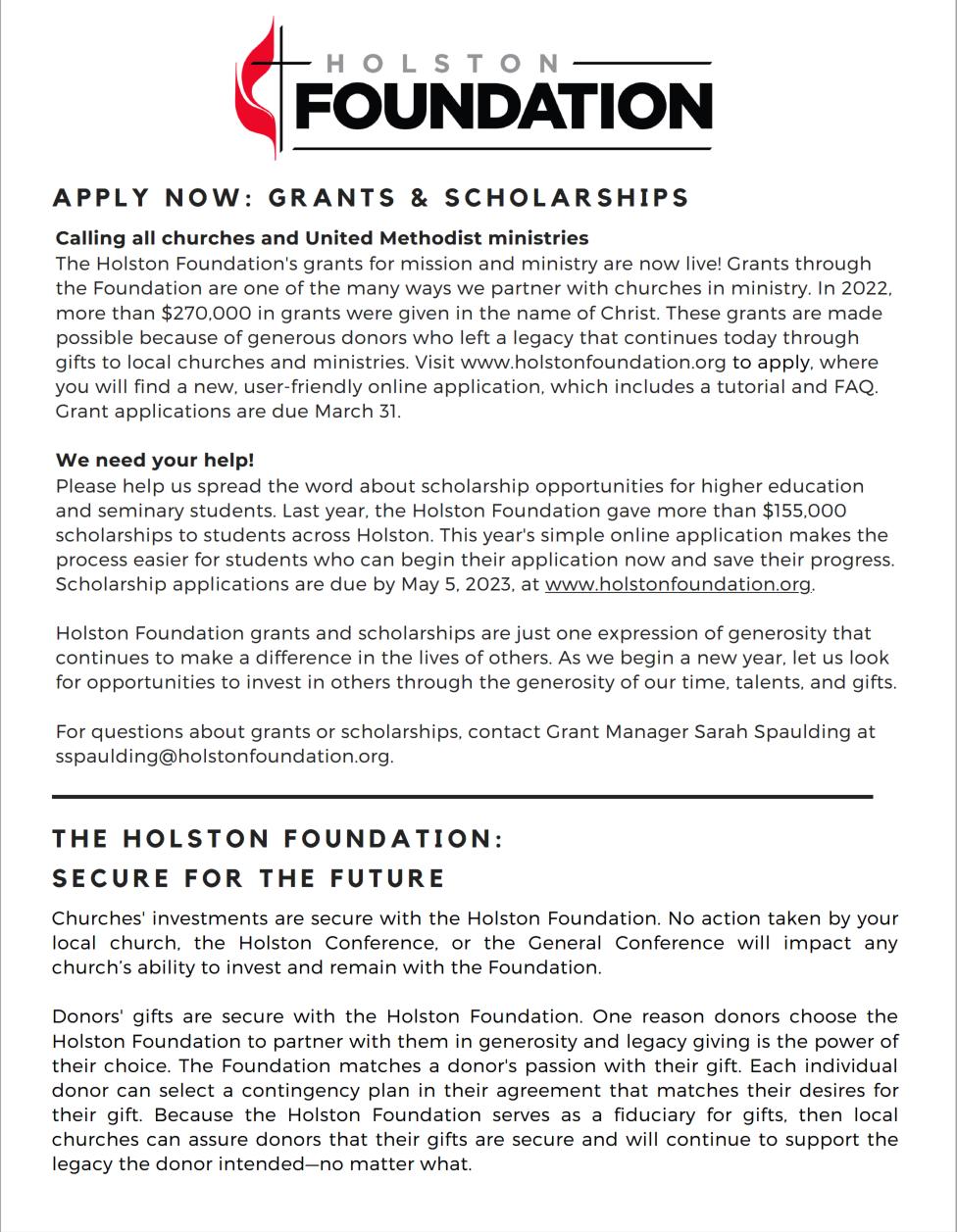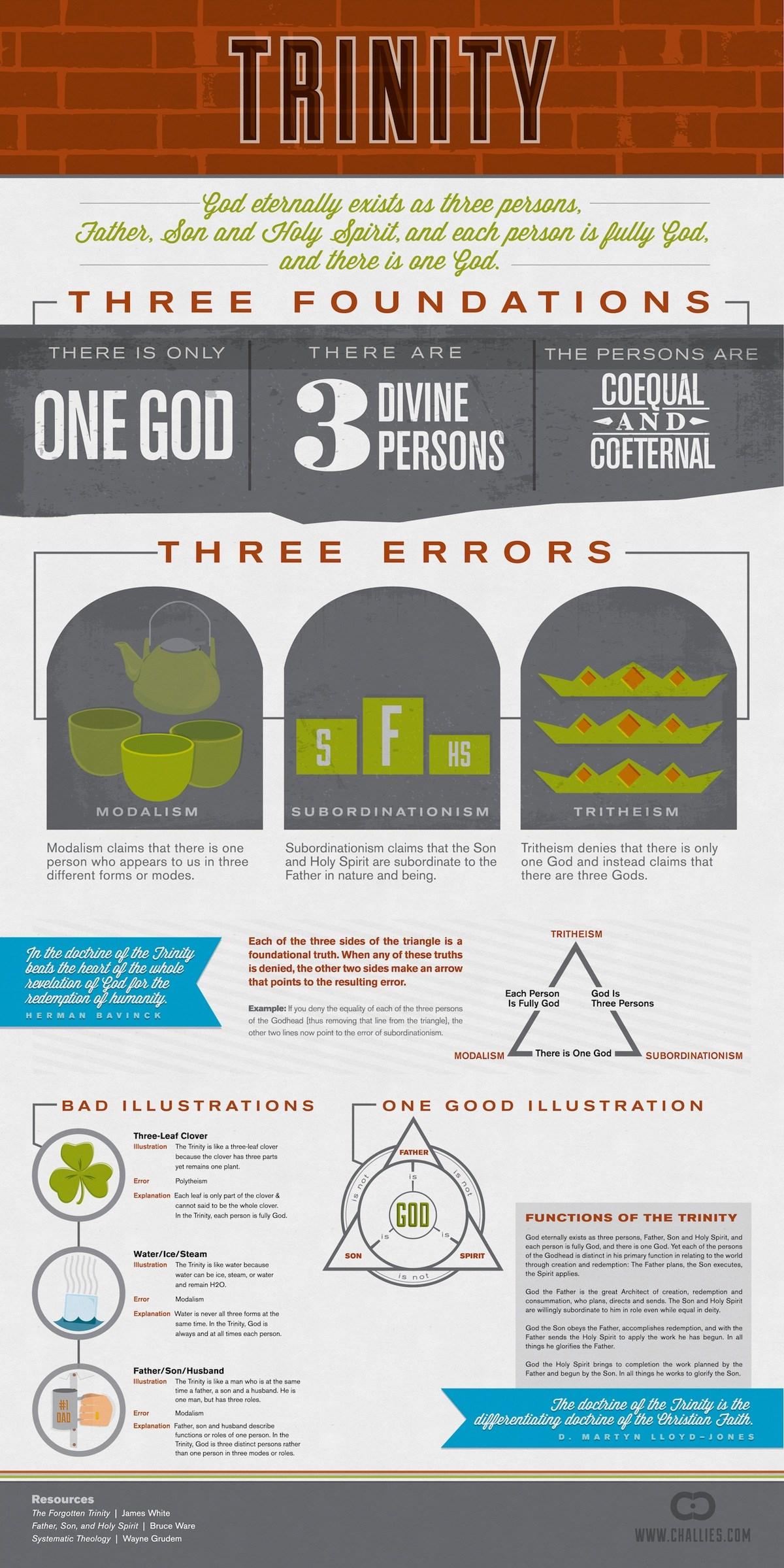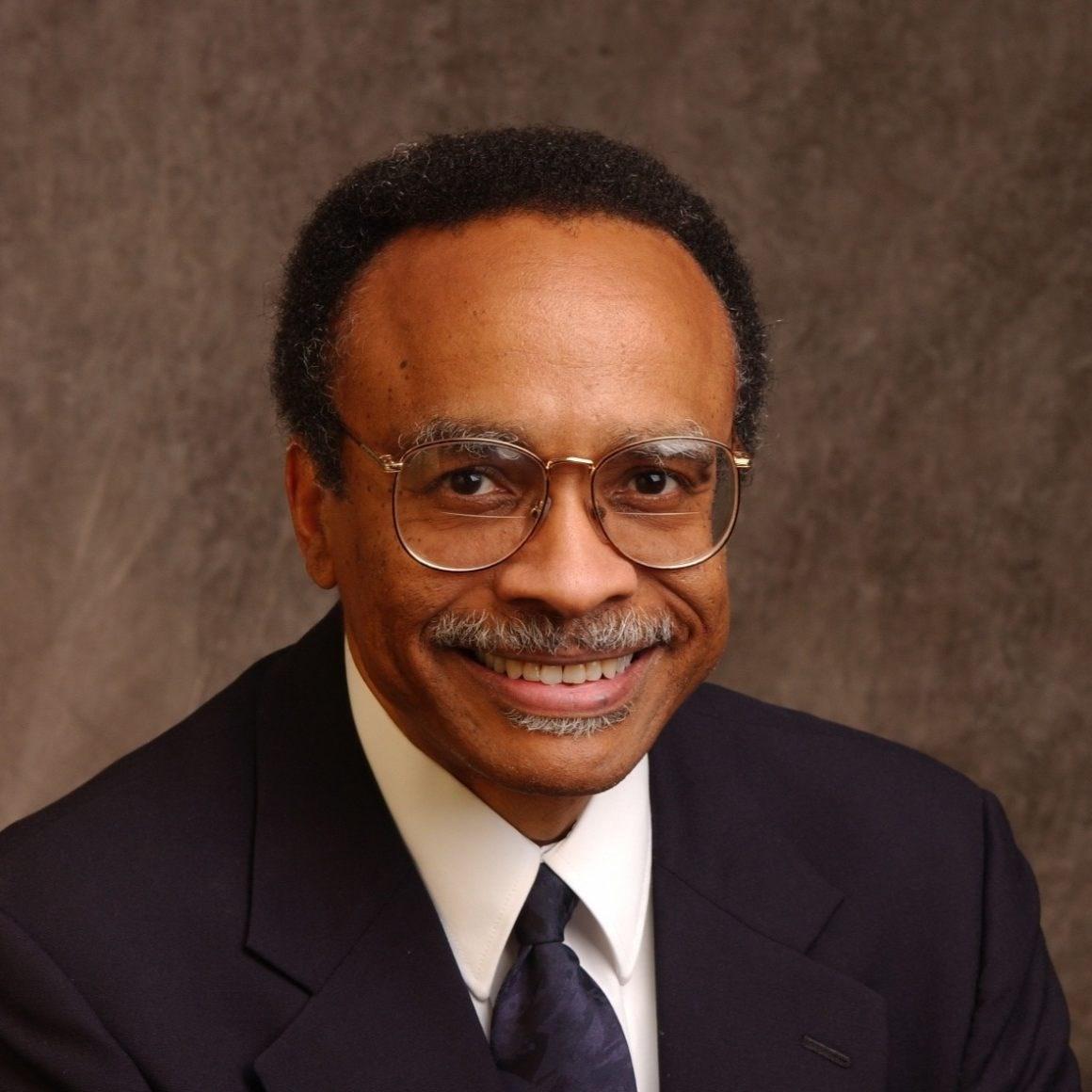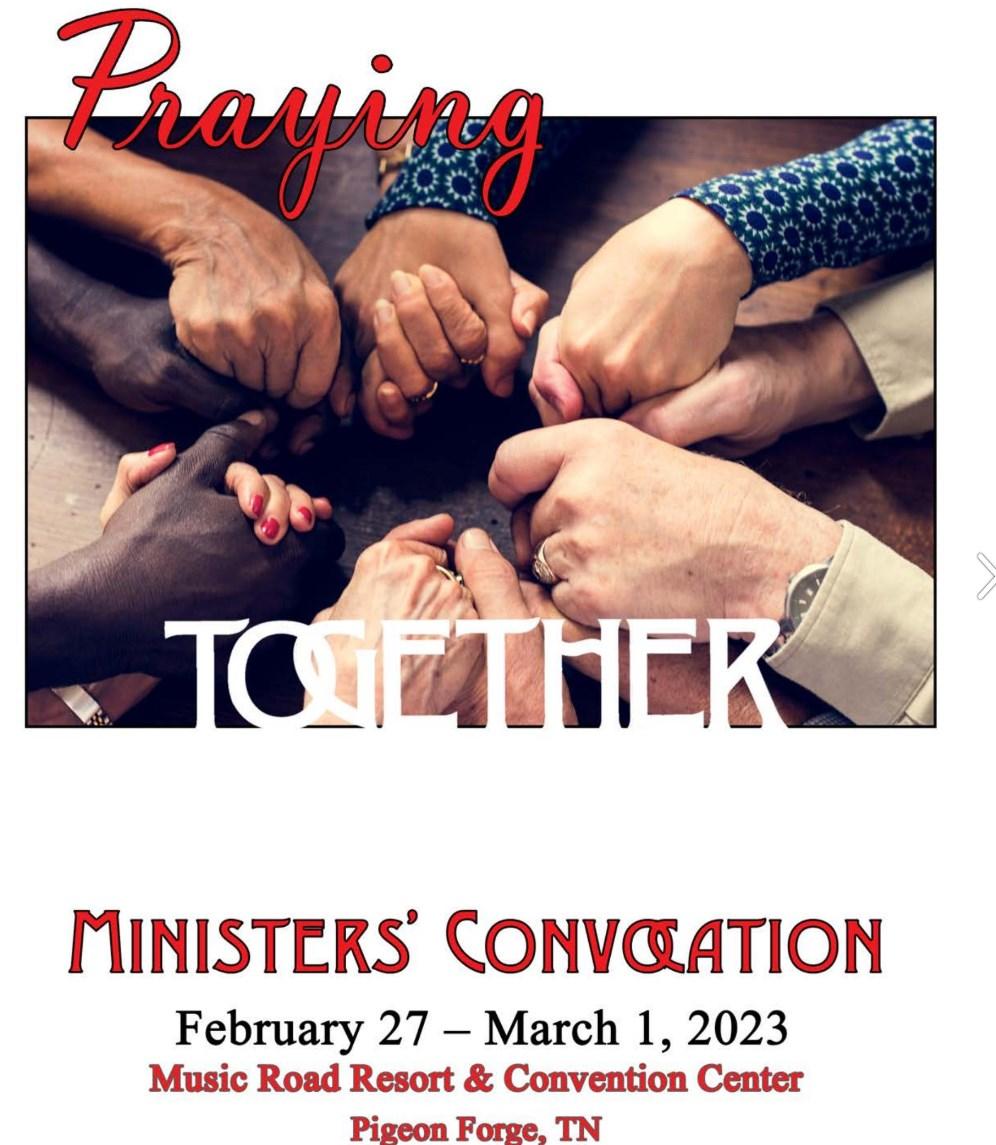Clergy Connexion
January 2023 Volume 5, Number 1
A Publication of the Office of Clergy Services of the Holston Conference of The United Methodist Church


A Publication of the Office of Clergy Services of the Holston Conference of The United Methodist Church

A Word from the Editor Rev. Terry Goodman
Holston Center for Well Being: Who is your Aaron? Who is your Hur? Rev. Kathy Heustess
Numinous: What to Wear Renni Morris
Holston Foundation: Scholarships and Grants
Potluck: Work, Rest, and Being Human Jake Owensby
Potluck: Five Leadership Resolutions for Your Church in 2023 Sam Rainer
A Different Perspective: Ten Major Trends for Local Churches in America in 2023 Thom Rainer
Minister’s Convocation Information
The Clergy Services Connexion is a publication of the Office of Clergy Services of the Holston Annual Conference of The United Methodist Church. United Methodist annual conferences and groups are free to use this material as fitting for their situation. The Rev. Terry Goodman is publisher and editor. Please direct all questions and comments to him at: terrygoodman@holston.org.
After the mega edition of October 2022, I am going minimalist with this edition. I have traveled with my oldest son to Colorado where he received his Masters from Colorado State University. He, his mother and I spent a week in the Denver area. When I got back on December 21st, I spent some time with family over the holiday and, to be honest, I had little time to devote to this edition.
So you get the minimalist version. I hope that you enjoy it. I pray that as the new year begins, your ministry will prosper and you will continue to win souls for Christ and grow the Kingdom.



In Exodus 17, we read about a great battle between the Israelites and the Amalekites. As Joshua commanded the Hebrews, Moses ascended a hill overlooking the battlefield. As long as Moses raised his arms, the Israelites were winning the battle. His presence made a direct impact on the battle that raged. But as the evening approached, Moses grew tired and lowered his arms. The battle began to turn in favor of the Amalekites. So two of Moses’s advisors, Aaron and Hur, upheld his hands. Consequently, the Israelites defeated the Amalekites that day. More than providing support for Moses, their efforts impacted the entire community of faith.
In the book, Caring for Clergy (2022), by Thad S. Austin and Katie R. Comeau, it is noted that supporters fill the pages of Scripture. Joseph offered grain to his family. Ruth vowed to remain with Naomi. Nathan confronted King David. Martha served the needs of Jesus. Jesus washed the disciples’ feet. Barnabas traveled with Paul. And yet, many pastors are often reluctant to ask for help and support. The notions of self-reliance and “pull yourself up by your own boot straps” seem to be an ingrained part of American culture. However, those beliefs are not helpful in most situations. Research has shown that healthy pastors, who flourish in ministry, are intentional about finding support networks and mentors as they practice ministry. All too often, pastors are often isolated from professional colleagues. That is why being intentional about forming supportive networks is so important. Being a lone ranger in ministry puts one at risk for unhealthy behaviors. Ministry is complex. It is not designed for shouldering it alone. Recent events such as Covid-19 and disaffiliation conversations have raised anxiety as churches and pastors struggle with the future being uncertain. This is all the more reason to reach out for support, wherever it can be found. Doing so serves to strengthen not only the pastoral leader, but the entire community of faith.
So…who is your Aaron? And who is your Hur?
Reverend Kathy T. Heustess, Director Holston Center for Wellbeing 865-692-2390


“having a strong religious or spiritual quality; indicating or suggesting the presence of divinity.”
Written by Renni Morris3 So if you have been raised with Christ, seek the things that are above, where Christ is, seated at the right hand of God. 2 Set your minds on the things that are above, not on the things that are on earth … .
12 Therefore, as God’s chosen ones, holy and beloved, clothe yourselves with compassion, kindness, humility, meekness, and patience. 13 Bear with one another and, if anyone has a complaint against another, forgive each other; just as the Lord has forgiven you, so you also must forgive. 14 Above all, clothe yourselves with love, which binds everything together in perfect harmony. 15 And let the peace of Christ rule in your hearts, to which indeed you were called in one body. And be thankful. 16 Let the word of Christ dwell in you richly; teach and admonish one another in all wisdom; and with gratitude in your hearts sing psalms, hymns, and spiritual songs to God. 17 And whatever you do, in word or deed, do everything in the name of the Lord Jesus, giving thanks to God the Father through him. Colossians 3:1-2, 12-17, NRSV
My favorite season is autumn, but this autumn was ugly! The foliage was beautiful, but I witnessed frustration and anger in many places and circumstances. It was politically ugly. In some cases, the Church was ugly as traditionalists, progressives and centrists tried to find a way to move forward. Sometimes it felt like living through a hurricane. It made me want to shower off the ugliness and change my clothes.
What weather is coming next in the Church? What should we wear?
There’s no such thing as bad weather – only the wrong clothes. (Scottish actor/comedian Billy Connolly)
Are we wearing the right clothes for the days ahead? What can we wear to show who we are and whose we are? Do we need new clothes? Should we follow Marie Kondo’s advice and keep only what speaks to the heart, discarding items that no longer spark joy? Do some clothes need to be altered or refreshed?
A life that is Christ-focused – that seeks union with Christ invites us to remove the clothes of self-centeredness. We strive to “live up” to the Christian life. In the process, some things are stripped away. That may include the clothing of moral faults or failings. It could be attitudes or emotions that no longer serve us well. Then we can don new clothes. As we seek the mind of Christ, we can only do it because of God’s gracious initiative in our lives.
How will the world know we belong to Christ? Is there a team uniform?
Wearing compassion and kindness helps us develop a deep and heartfelt sympathy for the situations of others. We examine the interests and needs of others as we develop a generosity of the mind. Compassion and kindness are revealed in acts of courtesy and consideration. We put our own rights aside so we can be in relationship with others.
As we put on humility and meekness, we take steps that are immensely valuable to Christian cooperation. Humility and meekness are not signs of weakness. Instead, they are signs of a growing Christian perfection and maturity. It doesn’t mean we become door mats. Instead, we count others as better than ourselves, recognizing the other person’s self-worth. When we experience injury or offense, the fellowship depends on our willingness to forgive. Rather than seeking revenge, our humility and meekness lead to reconciliation.
Paul instructs us to clothe ourselves with patience. When we face injury or insult, we lay our frustrations aside. Instead of being enraged by the actions of others, we make allowances for their shortcomings. We tolerate others out of love. When we bear with one another, we stick with each other even in challenging or divisive circumstances. Clothing ourselves in forbearance is something we do for the sake of Christian fellowship.
Then we add a layer to what we are wearing. Over the compassion, kindness, humility, meekness, and patience, we add an overcoat of love.
John Wesley said that “love contains the whole of Christian holiness and connects all the parts together.” Love should be the first thing people see us wearing. Like fluorescent personal protective wear, it should be seen from a distance. Our outerwear of love is a sign of maturity that makes communities healthy and whole.
When we wear love, our churches become known as a place of God’s love and grace. Peace runs through our church communities and into the world. It makes reconciliation available as Christians enter God’s peace.
Wesley would be pleased with the clothing choices Paul describes. The clothes are not showy or ostentatious. They are neat and plain and often hard to find. They are inexpensive but costly. The clothes last. They are necessary. Our human side typically doesn’t choose such clothes. We can only wear them because Christ has already worn them for us.
Each day let’s wear the clothes of compassion and kindness, meekness and humility, patience and forbearance. And let’s remember the overcoat of love as God renews us for the sake of the world. Let it be so.




As the pandemic wound down, The Great Resignation showed no signs of slowing. In 2021 over 47 million people walked away from their jobs voluntarily. In March of this year 4.5 million more told their bosses to take this job and, well, “I quit.”
During the pandemic, tech companies emptied out their office spaces in favor of remote work. Using laptops and mobile phones, employees labored away at home on their individual projects and met with their teams using Zoom. Once the covid numbers declined, corporations called people back to their cubicles. Workers rebelled.
There are lots of reasons for this. A desire for better work environments. A demand for higher wages. The appeal of flexible schedules. And I would like to think that there’s a deeper reflection going on. What does and should work mean in the life of a human being? How can our work be a part of being the human we yearn to be?
It’s the sort of question we’ve needed to ask for a long time. Let’s face it, too many of us derive our sense of worth and respect the relative worth of other people on the basis of work. I am what I accomplish, the kind of job I hold, the career success I’ve achieved, the salary I draw. You are too. At least, that’s the toxic lesson that many of us absorb from our social, economic ecosystem.
As it turns out the Bible imparts a radically different
message about what it means to be human and the healthy, holy place of work in human existence. For starters that is, in the first chapter of Genesis humans are created in the image of God.
And what we see about God is that God creates fish and birds, sun and moon, lions and tigers and bears and people. God does all of this just so that those creatures can enjoy being precisely what they are designed to be. To put it another way, God is love.
Love is hard work. It takes lots of energy. So it only stands to reason that, after six days loving everything into being, God would rest. And since we human beings are created in the image of God, we’re supposed to follow God’s lead on this rest thing. As you may know, this is the origin of the idea of the Sabbath.
Unfortunately, we’ve mostly misunderstood what Sabbath is all about. If we slow down at all, what we mostly do is take a day off work. And this leads us to one of two basic misconceptions about the Sabbath.
The first misconception is that we’re taking a day off in order to recharge our batteries. In other words, what makes life meaningful is the work we do on all those other days. We get a break only because it makes us more useful earners and achievers and producers. Cosmically speaking, each of us has to earn our keep. Without work, we’re nobody.
Second, we just work for the weekend. Any work we do is toil for the sake of the pleasure we can have when we’re not back in the salt mines. Sabbath, in

other words, is basically me-time. My ultimate goal is pleasure. Work is a necessary evil. A more or less dreary time suck. All things considered, I would rather be on the golf course, in the bass boat, or collecting sea shells.
None of this is what the Sabbath is about. As the image of God, we do have work to do. That central work is love. But what we tend to forget is that the love we have to give has been freely given to us by God.
We are the image of God. Not God. We are radically dependent upon a the source of our very existence at every instant. That’s what it means to be a creature. A being who has been created by and is sustained by a being greater than ourselves.
So, as Walter Brueggemann tells us, “[Sabbath] is a pause that permits us to reflect on who we are.” (see Sabbath as Resistance) Or, as a spiritual director once told me, “Remember that God is God and you are not.”
Crucially, this is not an insight meant to put us in some diminished place in the universe. On the contrary, it reminds us of our infinite worth. As Anita Amstutz puts it, “The Sabbath imperative is to not accomplish or initiate anything, refuting the belief that you have to “do something” to be worthy.” (from Soul Tending: A Journey into the Heart of Sabbath)
Observing the Sabbath sets us free from the world’s economic hamster wheel, from the demands of achievement culture, from our own control needs, and from the siren call of hedonism.
Jesus was clear that Sabbath practice is liberating. On a Sabbath day at synagogue Jesus healed a woman who had been suffering a disabling back ailment for 18 years. Importantly, Jesus tells her, “You are set free.” (Luke 13:10-17)
A religious leader objected. In his view, Jesus was violating the Sabbath by working. He told the crowd, “There are six days on which work ought to be done; come on those days and be cured, and not on the
sabbath day.”
Jesus responded, “You hypocrites! Does not each of you on the sabbath untie his ox or his donkey from the manger, and lead it away to give it water? And ought not this woman, a daughter of Abraham whom Satan bound for eighteen long years, be set free from this bondage on the sabbath day?”
In other words, you’re missing the point. We observe Sabbath to remind ourselves that we are the beloved creatures of God. That reminder liberates us from the bondage of our everyday forgetfulness of who we are and what our lives are all about.
As my friend Lauren Winner reminds us, the Christian practice of Sabbath is not so much about a day as it is about a person. We find our rest in friendship with Christ. She puts it like this in Mudhouse Sabbath:
“
I am not suggesting that Christians embrace the strict regulations of the Orthodox Jewish Sabbath. Indeed, the New Testament unambiguously inaugurates a new understanding of Shabbat. In his epistles, Paul makes clear that the Sabbath, like other external signs of piety, is insufficient for salvation. As he writes in his letter to the Colossians, ‘Therefore do not let anyone judge you . . . with regard to a religious festival, a New Moon celebration or a Sabbath day. These are a shadow of the things that were to come; the reality, however, is found in Christ.’”
In our friendship with Jesus we receive the love that empowers us to do the work we were created to do. Whether we are teachers or metal workers, priests or doctors, janitors or bankers, that work is the same. It’s the work of love. -
You can check out my latest book Looking for God in Messy Places here. These days I’m working on a book about discipleship. To contact me about speaking at your event, leading a retreat, or touching base with your book group via Zoom or in-person, click here
As found on December 30, 2022 at https://jakeowensby.com/2022/08/19/work-and-rest-andbeing-human/
New Year’s resolutions are often self-focused. It’s understandable. Successful people often reflect on who they are. They try to be more self-aware, and they desire to develop themselves. So, good leaders often make resolutions involving individual goals, desires, and objectives.
But what about the people around you? Good pastors will consider those around them. This year, rather than making resolutions about you, make them about the people around you. Here are five areas to consider in making specific leadership resolutions that benefit your church members this year.
Serve first. Everyone in an organization, from top to bottom, serves the mission. As a leader, you cannot serve the mission without serving others. The best leaders are passionate about a mission, and they are willing to serve others who join them on that mission.
These leaders realize organizational and individual goals cannot be attained with an attitude of “me first.” Leaders who show the way by serving others (as opposed to being self-serving) help create a culture of sacrifice for a mission. Resolve this year to serve the mission by serving your church members and staff.
Simplify work. Many people look for ways to simplify their lives this time of year. But the mantra to simplify lasts about a month before the complexities of life sneak in by Groundhog Day. One of the best gifts a leader can give followers is simplicity. Complexity may dominate your followers’ lives in every way, but you can grant them simplicity in the one area in which you have control. Managers who simplify work for their subordinates often create more work for themselves. Resolve this year to simplify for your followers, even if it means more complexity for you.
Release problems. Some problems are unsolvable. This dilemma becomes a significant hurdle for leaders who have an innate desire to fix everything. Unfortunately, idealistic leaders will often present good solutions to the wrong problems.
Sometimes the “best” solution will not work. In some instances, followers may never grasp the best solution. Let it go. Leaders serve people, not ideals. Resolve this year to release your church members and staff from the burden of idealistic solutions to unsolvable problems.
Yield preferences. Most followers have a keen radar for the personal preferences of a leader, especially when these preferences are spun as vision. Leaders have positional authority over followers, and those in charge have more opportunities to voice opinions and vocalize what they like.
The best pastors find ways to create a collective vision with input from various church members. They do not champion their preferences as the vision for all. Resolve this year to yield your personal preferences and build a collective vision from a variety of followers.
Recognize pride. Humility is the most difficult leadership trait to see in ourselves. The opposite of humility, pride is the most destructive leadership predisposition. Great leaders never stop fighting the battle to recognize pride and remain humble. It’s the quintessential leadership struggle. We stand on a
sliding scale somewhere between healthy humility and unhealthy pride.
Even at our best, determining where we are on this scale is tricky. We rarely recognize our pride until it’s too late. Followers often see it long before leaders become self-aware of arrogance.
Great pastors appoint accountability partners at all levels of the church to call attention to potential problems originating in pride. Resolve this year to put measures in place to recognize prideful tendencies and give key people around you permission to call out problems associated with your pride.
Leadership is a gift from followers. Graciously accept this gift by resolving to serve the people around you by putting them first. Make 2023 the year of serving others.
As found On December 30, 2022 at https://churchanswers.com/blog/five-leadership-resolutions-for-your-church-in-2023/

Editor’s Note: I like to share ideas from a different perspective. Dr. Thom Rainer comes from the Southern Baptist perspective. He has been a local church pastor and CEO of Lifeway (the Baptist publishing house). He currently is a consultant on matters of church growth. I have followed his writings and podcasts for several years. He offers sound advice that often, but not always, translates well to the Methodist way of thinking.
TDG
It is one of many blessings God has given me.
At Church Answers, we hear from tens of thousands of churches, church leaders, and church members every year. We are truly blessed to have our “ear to the to hear what is taking place among the estimated 350,000 congregations in America.
We take each piece of data (we call them “dots”) we receive and connect the dots to understand developments in the present that will become trends in
Here are ten of the most common developments we’ve discerned. They will likely become trends in 2023.
1. Local congregations will emphasize evangelism more than at any point in the past three decades. Church leaders understand they can’t lead a church to growth with cultural Christians (a true oxymoron) and transfer growth. If churches desire truly to make disciples, they must begin with evangelism.
2. The increase in the growth of diversity in congregations will be its greatest ever in Millennials see a monocultural generation as outtouch. Gen Z cannot imagine anything monocultural,
3.
An adopted church is a congregation that comes into the family, care, and authority of another,
usually healthier, church. Of course, more churches will seek adoption because they are about to die and close.
4. More churches will have specific global partners. Churches in America will seek to partner with churches in other nations, particularly where the gospel is spreading the most rapidly. This trend is more than an increase in mission giving; it is an intentional and strategic partnership with a specific church or churches.
5. The time between pastors for churches will be longer than ever. I can remember when a long-term interim period was twelve months. Today, many churches have these interim periods for two to three years or more.
6. The number of interim pastors will be greater than ever. This trend is obviously a corollary of trend number five. Some of these interim pastors are preachers only. Others are considered “intentional interims” with consultive roles as well as preaching.
7. More churches will request consultations than at any point in American church history. For example, we get ten times more requests now at Church Answers than we did just three years ago. Congregations are more willing or more desperate to seek outside help.
8. Church autopsies will be the fastest growing area of research in American churches. I wrote Autopsy of a Deceased Church in 2014 and the demand for the book began growing again in 2022. Thousands of churches have closed, and we are trying to discover the reasons for their death.
9. More pastors and staff will become bi-vocational and co-vocational. The latter term usually refers to those who chose to remain in the marketplace. Bi-vocational pastors are those who have work outside the church because their church could not compensate them with full-time pay.
10. More pastors and staff will get their theological and ministry training in the church. This trend has been growing the past decade and will continue to grow even more in 2023.
Yes, American churches have many challenges. But I see a lot of hope in the midst of these challenges.
My prayer is for your church to become a hope-filled congregation in 2023!
As found on December 30, 2022 at: https://churchanswers.com/blog/ten-major-trends-for-local-churches-in-america-in-2023/

Dr. Luther E. Smith Jr. is Professor Emeritus of Church and Community at the Candler School of Theology of Emory University. His current research focuses on the writings and correspondence of Howard Thurman, advocacy on behalf of children, and a spirituality of hope. Smith is an ordained elder in the Christian Methodist Episcopal Church.

In 2009, Smith received the Phillips School of Theology “Bishops Thomas Hoyt and Paul Stewart Institutional Ministry Award for Outstanding Service to the Ministry of Academics.” In 2010, he was the recipient of Emory University’s “2010 Emory Williams Distinguished Teaching Award,” which is given “in recognition of the important role of classroom teaching in classroom teaching in collegiate and graduate education.”
Luther’s books include “Howard Thurman: The Mystic as Prophet”, “Intimacy and Mission: Intentional Community as Crucible for Radical Discipleship”, and “Pan-Methodist Social Witness Resource Book”.
Barbara Peacock holds a Doctorate of Ministry from Gordon Conwell
Theological Seminary. Her dissertation emphasis was Spiritual Direction and Soul Care.

Dr. Peacock lives in North Carolina with her husband, Mr. Gilbert Peacock and together they have a daughter, soninlove, granddaughter and grandson.
An experienced preacher, teacher and minister of discipleship and prayer, Dr. Peacock trains in spiritual direction and soul care ministry. Dr. Peacock has a Godgiven call and desire to serve as spiritual coach for individuals and groups. The goal is for them to experience a deeper relationship with God that can lift their spirits and thus propel them to accomplishing all that God has called them to be and do.
